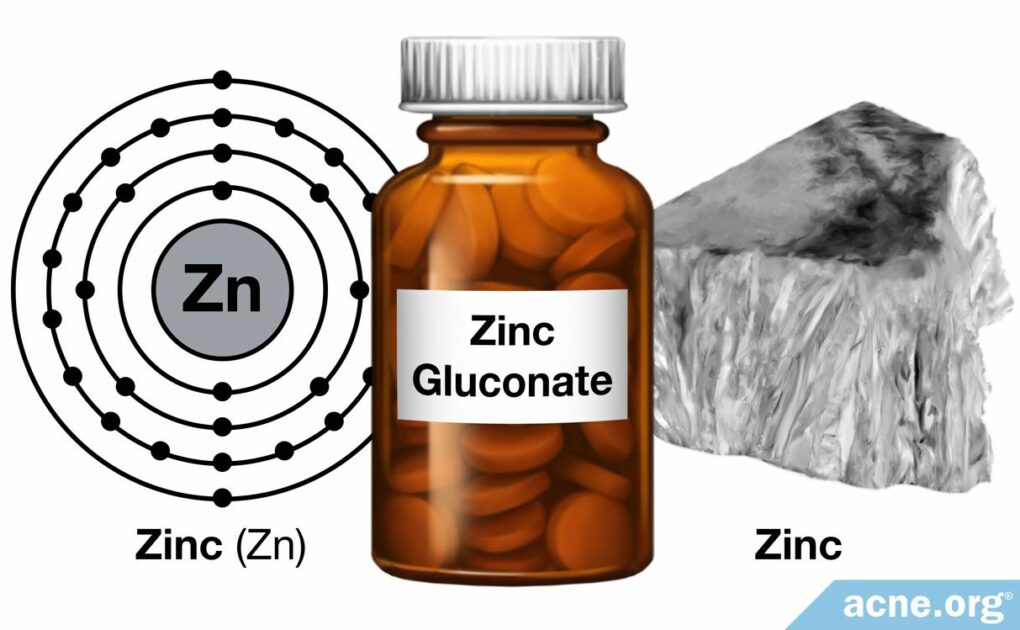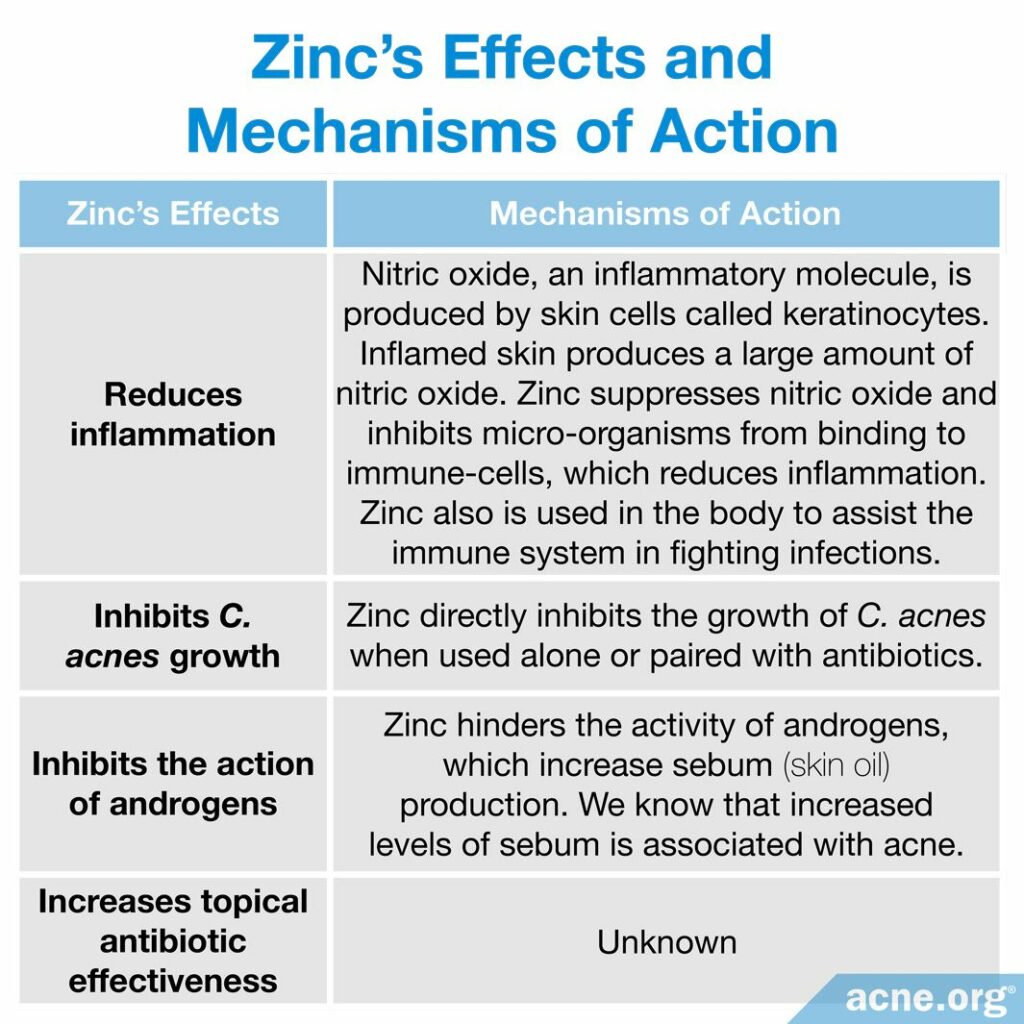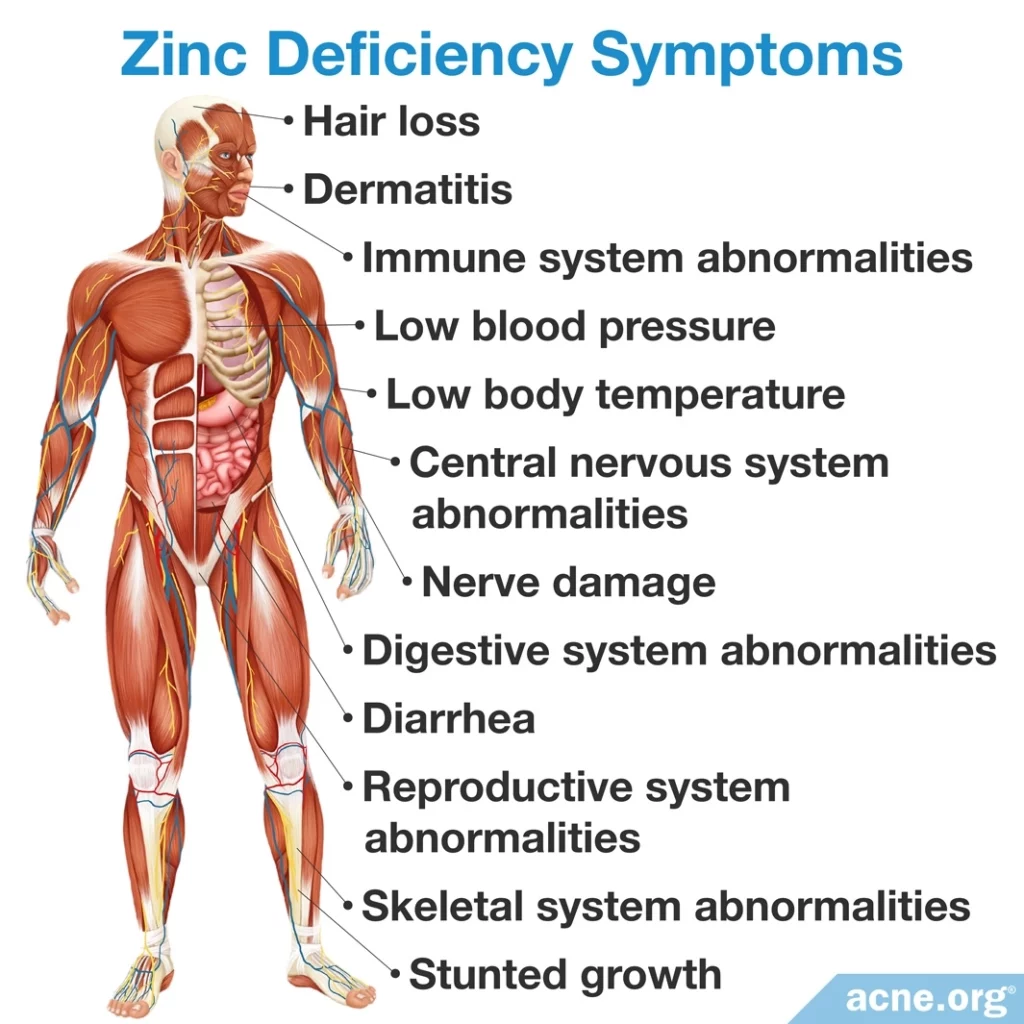Taking 30 mg of Oral Zinc per Day May Help. Topical Zinc Has Less Evidence Behind It.

The Essential Info
Inadequate levels of zinc in the body may be linked to acne. Bringing levels of zinc up to adequate levels may reduce the symptoms of acne by:
- Suppressing inflammation
- Reducing bacteria
- Balancing hormone levels
Oral Zinc: Taking up to 30 mg of zinc per day appears to work as well or almost as well as oral antibiotics for acne. Zinc gluconate in particular is proven to work and easy to find at any drugstore. However, like oral antibiotics, oral zinc is unlikely to produce dramatic results on its own and should be used in conjunction with other treatments.
Topical Zinc: There is no evidence that topical zinc alone improves acne. However, certain topical zinc compounds may help topical antibiotics work better against acne.
From Dan: Since there is compelling evidence regarding oral zinc, I keep some zinc gluconate around and take a 30 mg pill whenever I remember, which is usually a few times a week. If I had a bigger problem with acne, I would be sure to take it every day. Like most people, I have to take it with food or it makes me nauseous.

The Science
- Zinc Deficiency and Incidence of Acne
- Zinc Deficiency and Severity of Acne
- Treating Acne with Zinc
- Conclusion
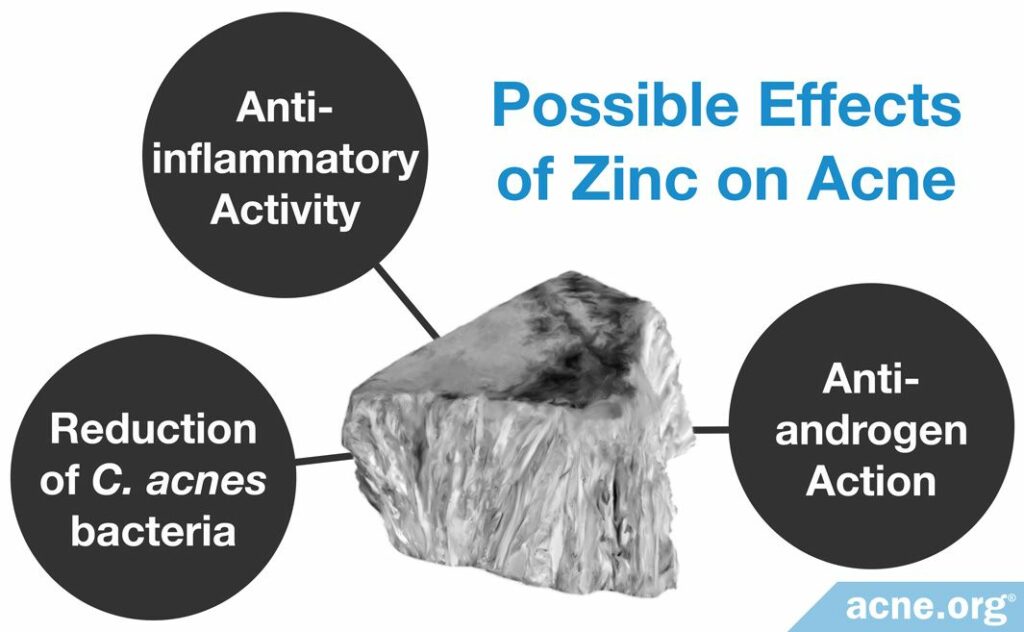
Zinc is found throughout the human body where it provides essential support to the immune system, central nervous system, skeletal system, digestive system, and reproductive system. When it comes to the skin, and particularly acne, zinc may help reduce acne by:
- Suppressing inflammation: This is important since acne is an inflammatory disease.
- Reducing bacteria: This is important since acne bacteria (C. acnes) can lead to the redness and soreness found in pimples.
- Balancing hormone levels: Androgens are male hormones that are present in both males and females. Higher levels of androgens normally leads more acne. Zinc may act as an anti-androgen.1-3
Scientists have noticed that people with acne tend to have zinc deficiency since the 1970s. However, there is still controversy over whether zinc deficiency is correlated more with:
- Incidence of acne: This refers to the mere occurrence of acne. Some reports state that zinc deficiency correlates with acne incidence. In other words, if a person has inadequate levels of zinc, they are more likely to develop acne.
- Severity of acne: This refers to how severe the acne is. A recent study suggests that zinc deficiency may correlate more strongly with acne severity.4 In other words, if a person who has acne also has inadequate levels of zinc, their acne will become more severe.
Let’s take a look first at the correlation between zinc deficiency and incidence of acne.
Zinc Deficiency and Incidence of Acne
The first report of low zinc levels in acne patients was published in the 1970s. More recent studies have continued to report that zinc levels are lower in acne patients.
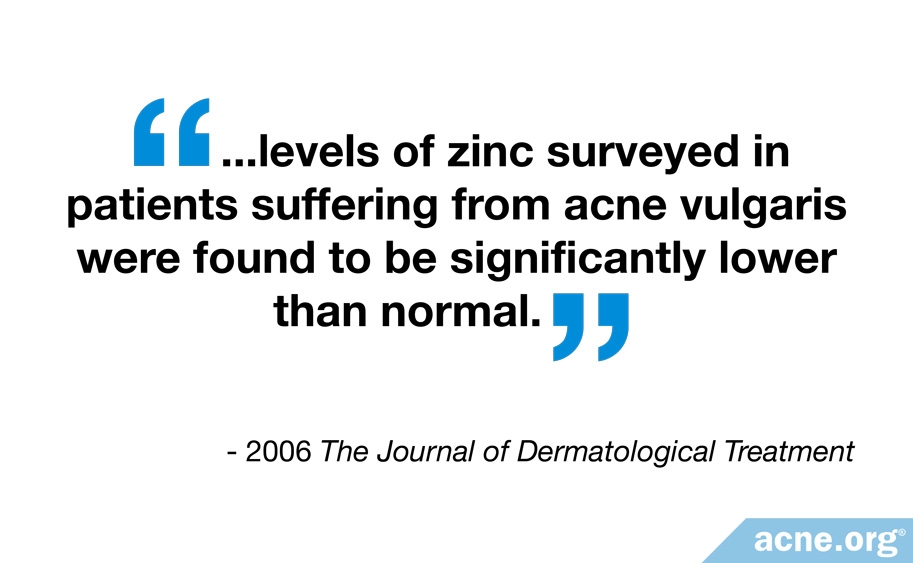
For example, one scientific article published in 2006 described research showing that people with acne tend to have lower than normal levels of zinc.5
Expand to read details of research
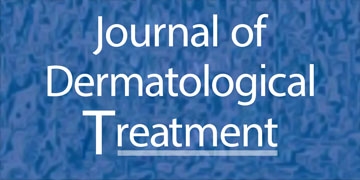
The authors of a 2006 review published in The Journal of Dermatological Treatment reported, “Serum levels of zinc surveyed in patients suffering from acne vulgaris were found to be significantly lower than normal.”5 In other words, people with acne tend to have lower blood levels of zinc than people without acne.
Zinc Deficiency and Severity of Acne
However, as is often the case in science, conflicting results can surface. In a more recent 2014 study published in BioMed Research International, researchers found no correlation between zinc levels and acne incidence. Instead, they found a correlation between zinc levels and the severity of acne.4
Expand to read details of study
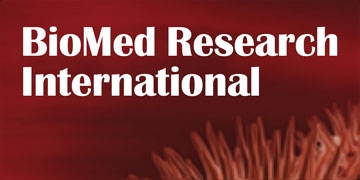
The researchers looked at one group of 100 participants who had acne and another group of 100 who did not and measured serum zinc-levels in each group. They found that zinc levels in the group of people who had acne were not significantly lower than those present in the acne-free group. However, there was a significant correlation between zinc levels and the severity of acne lesions.4
Treating Acne with Zinc
Attempts to treat acne with zinc have shown mixed results.
A 2018 article published in the journal Dermatologic Therapy combed through 31 studies on zinc as an acne treatment.6 Together, the studies included a total of 2,356 participants. After reviewing all the studies, the authors of the article came to the following conclusions:
- Oral zinc: Oral zinc seems to be about as effective as oral antibiotics for acne.
The verdict: When it comes to oral zinc supplementation, the evidence suggests that it may help reduce acne symptoms. - Topical zinc: Certain forms of topical zinc, when used in combination with topical antibiotics, may help the antibiotics to work better. Still, you are unlikely to see a dramatic clearing of acne with topical zinc + topical antibiotics. When it comes to using topical zinc on its own, we have no evidence that it offers any benefit for acne. However, researchers are continuing to test new zinc compounds for this purpose.
The verdict: For the time being, all we can say is that if you are using topical antibiotics to treat your acne, adding topical zinc to your treatment regimen probably won’t hurt and just might help.
Expand to read about the limitations of the studies
The authors of the article pointed out several limitations of the studies on zinc:
- Small sample size: Most studies on zinc were small, making it difficult to draw conclusions with confidence.
- Short duration: Most studies on zinc lasted a short time (3 months or less), making it difficult to compare zinc to other acne medications, many of which need to be used for 3-6 months to see results.
- Variable methods: The studies used different methods to assess the participants’ acne, making it difficult to compare the results across studies or to determine how well zinc stacks up against other acne medications.
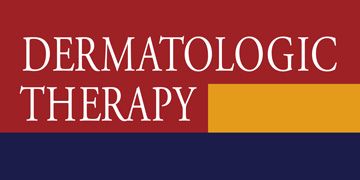
Therefore, the article authors pointed to the need for more research. They wrote, “Limited studies have suggested that [zinc] is effective in treating acne vulgaris, but several study design limitations need to be addressed before zinc is widely introduced as an alternative or adjunct treatment in the clinical setting.”6
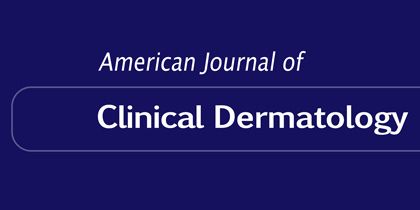
Another systematic review, published in the American Journal of Clinical Dermatology in 2020, combed through 22 studies on zinc and came to the same conclusion. The researchers wrote, “Some preliminary evidence supports the use of zinc in the treatment of acne vulgaris…however, more research is needed with similar methodologies and larger sample sizes.”7
Now let’s delve more deeply into oral zinc treatment.
Oral Zinc Treatment: A 30 mg Zinc Gluconate Pill Each Day May Help
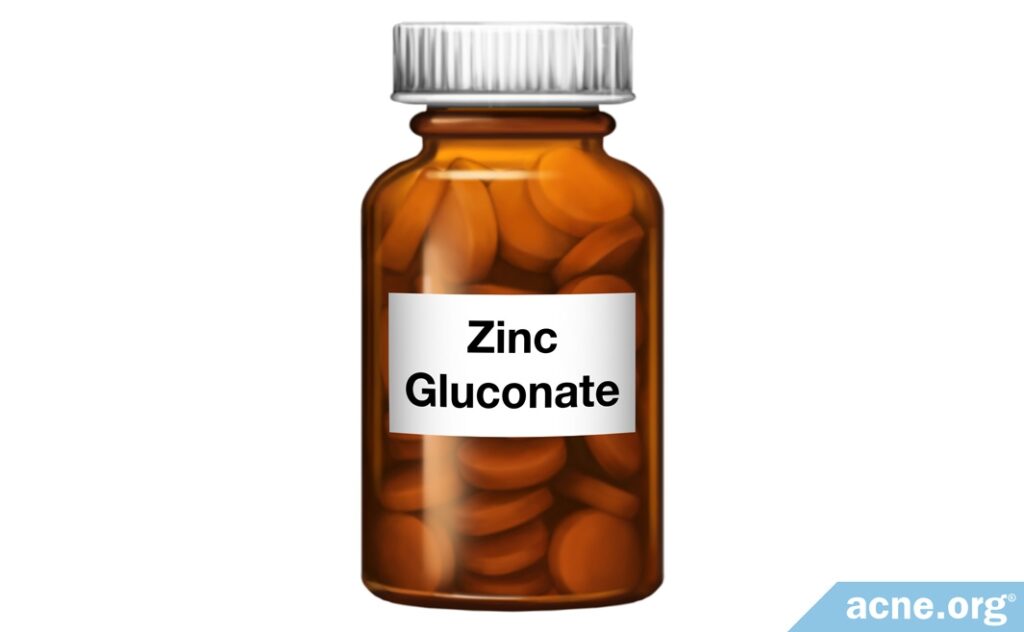
Studies show that supplementing with up to 30 mg of oral zinc gluconate per day is mildly effective when it comes to acne. It is equally or less effective compared to tetracyclines (oral antibiotics), which are also only moderately effective in acne treatment.8 This is why it is normally recommended to supplement with zinc alongside other acne treatments.
Several oral zinc supplements are available over-the-counter in drugstores, though some are better absorbed in the intestines than others, resulting in fewer side effects. A commonly-found and well-absorbed choice that can often be purchased in 30 mg tablets is zinc gluconate.
Other zinc supplements include:
- Zinc ascorbate
- Zinc acetate
- Zinc citrate
- Zinc octoate
- Zinc picolinate
- Methionine-bound zinc9
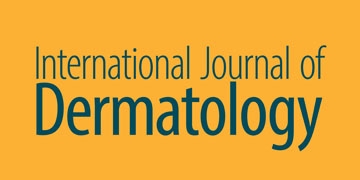
The author of an article published in the International Journal of Dermatology states that “oral zinc gluconate or methionine-based zinc could be a novel anti-acne approach, which could […] enhance the efficacy of the existing therapies.”9
Side effects: Moderate zinc supplementation is safe, comes with only minor and/or temporary side effects, such as nausea when taken on an empty stomach, and does not increase sensitivity to the sun.6
Pregnancy: When it comes to taking zinc supplements during pregnancy, the U.S. Food and Drug Administration (FDA) has rated oral zinc a Category C drug.10 This means that studies on humans are lacking, but animal studies have revealed some risks. Always talk to your doctor before taking any supplements or medications during pregnancy.
Expand to read about the recommended daily allowance of zinc
The Recommended Dietary Allowance (RDA) of zinc in adults (19 years and above) is 11 mg per day.
When we take a zinc supplement, only a certain percentage of it is zinc, which varies according to the type of supplement. We refer to this percentage as elemental zinc. For example, zinc gluconate contains 14% of elemental zinc, so in a 30 mg tablet, there is 4.2 mg of elemental zinc. Another type of zinc supplement, zinc acetate, contains 30% of elemental zinc, so a 30 mg tablet would contain 9 mg of elemental zinc.
We also get zinc through the food we eat, so we shouldn’t take the entire RDA of zinc only through our oral supplement. Since zinc can become toxic when taken at high levels, it is wise to keep your daily supplementation to one 30 mg pill, preferably zinc gluconate.
And next we’ll have a deeper look at topical zinc treatment.
Topical Zinc Treatment: Zinc May Help Topical Antibiotics Work Better
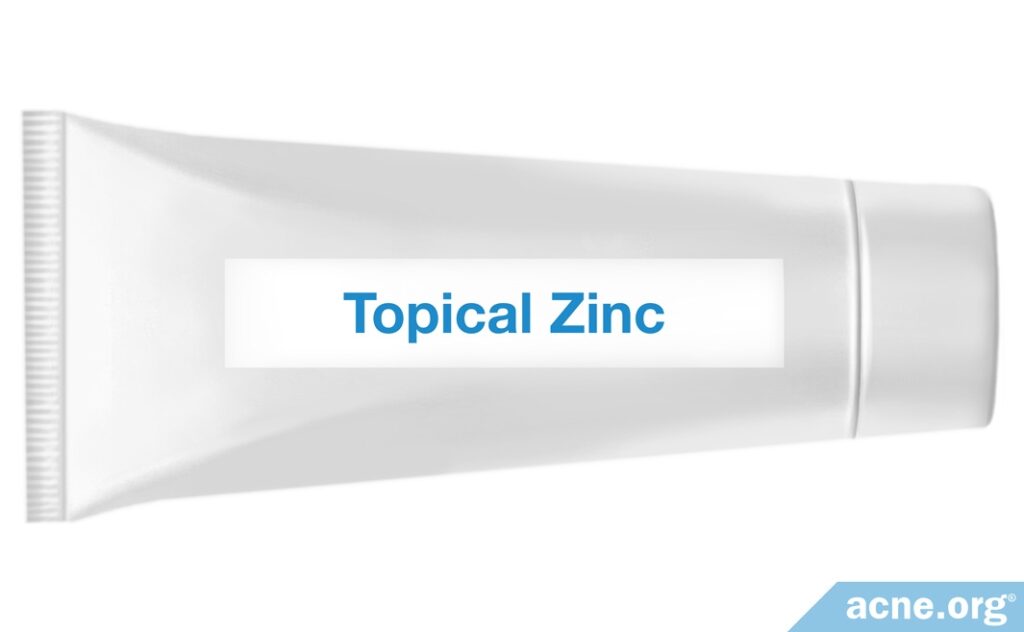
While there is serious controversy over using topical antibiotics for acne due to their incomplete and temporary results, and ability to create lifelong resistant strains of bacteria, they do work to some degree in at least some people. And topical zinc may help them work a bit better.8,10
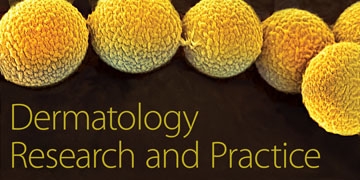
According to an article in Dermatology Research and Practice, using zinc acetate or zinc octoate at the same time as topical antibiotics may increase the antibiotics’ effectiveness.8
Here is a quick run through of what we know regarding the various topical zinc compounds.
- Zinc acetate: Zinc acetate has not been tested on its own. It may improve the efficacy of topical antibiotics against acne when used together.
- Zinc octoate: Zinc octoate has not been tested on its own. It may improve the efficacy of topical antibiotics against acne when used together.
- Zinc sulfate: Zinc sulfate on its own is ineffective against acne. Zinc sulfate has not been tested in combination with topical antibiotics.5-7
Side effects: Topical zinc may cause mild and temporary side effects, such as itching and/or a burning sensation.10
Conclusion
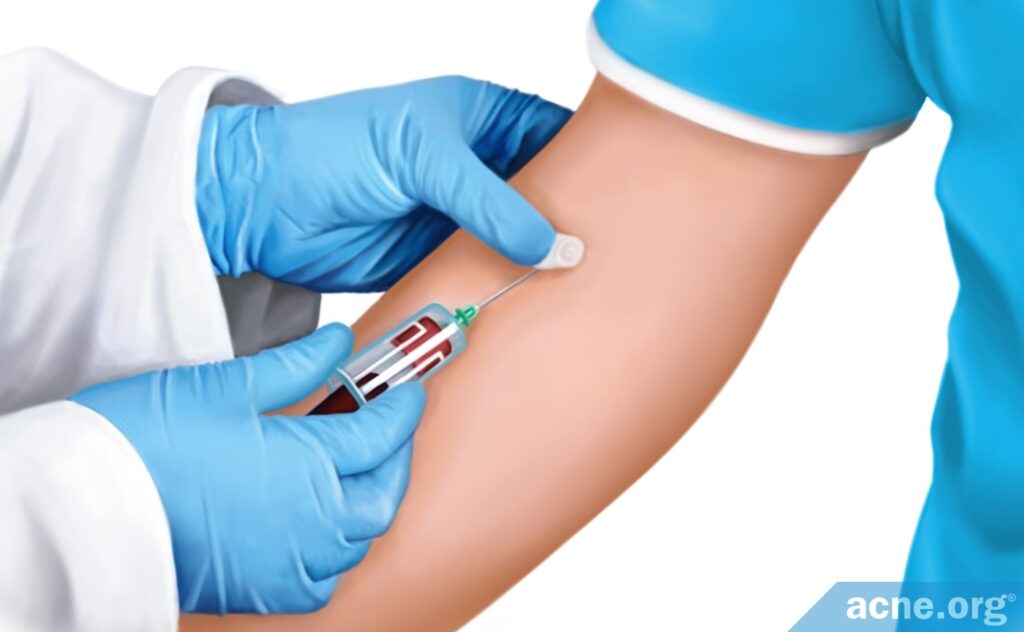
It is wise to treat your acne not only with topical treatments, but also from the inside out when possible. If you suffer from acne, especially severe acne, you might be deficient in zinc. Ask your doctor to run a quick and simple blood test to check your zinc levels. If deficiency is detected, supplementing with zinc may prove to be another weapon in your arsenal against acne.
Tip: While you are getting your blood test to check your zinc levels, be sure to ask to check your vitamin D levels as well.
References
- Tapiero, H. & Tew, K. D. Trace elements in human physiology and pathology: zinc and metallothioneins. Biomed. Pharmacother. 57, 399 – 411 (2003). https://www.ncbi.nlm.nih.gov/pubmed/14652165
- Yamaoka, J. Kume, T., Akaike, A. & Miyachi, Y. Suppressive effect of zinc ion on iNOS expression induced by interferon-gamma or tumor necrosis factor-alpha in murine keratinocytes. J. Dermatol. Sci. 23, 27 – 35 (2000). https://www.ncbi.nlm.nih.gov/pubmed/10699762
- Prasad, A. S. Zinc: role in immunity, oxidative stress and chronic inflammation. Curr. Opin. Clin. Nutr. Metab. Care. 12, 646 – 652 (2009). https://www.ncbi.nlm.nih.gov/pubmed/19710611
- Rostami Mogaddam, M., Safavi Ardabili, N., Maleki, N. & Soflaee, M. Correlation between the severity and type of acne lesions with serum zinc levels in patients with acne vulgaris. BioMed. Res. Int. 2014, 474108 (2014). https://www.ncbi.nlm.nih.gov/pubmed/25157359
- Bibi Nitzan, Y. & Cohen, A. D. Zinc in skin pathology and care. J. Dermatol. Treat. 17, 205 – 210 (2006). https://www.ncbi.nlm.nih.gov/pubmed/16971312
- Cervantes, J., Eber, A. E., Perper, M., Nascimento, V. M., Nouri, K. & Keri, J. E. The role of zinc in the treatment of acne: A review of the literature. Dermatol. Ther. 31, 10 (2018). https://www.ncbi.nlm.nih.gov/pubmed/29193602
- Dhaliwal, S., Nguyen, M., Vaughn, A. R., Notay, M., Chambers, C. J. & Sivamani, R. K. Effects of zinc supplementation on inflammatory skin diseases: A systematic review of the clinical evidence. Am. J. Clin. Dermatol. 21, 21‐39 (2020). https://www.ncbi.nlm.nih.gov/pubmed/31745908
- Gupta, M. Mahajan, V. K., Mehta, K. S. & Chauchan, P. S. Zinc therapy in dermatology: a review. Dermatol. Res. Pract. 2014, 709152 (2014). https://www.ncbi.nlm.nih.gov/pubmed/25120566
- Sardana, K., Chugh, S. & Garg, V. K. The role of zinc in acne and prevention of resistance: have we missed the “base” effect? Int. J. Dermatol. 53, 125 – 127 (2014). https://www.ncbi.nlm.nih.gov/pubmed/24350859
- Liu, H., Yu, H., Xia, J. et al. Topical azelaic acid, salicylic acid, nicotinamide, sulphur, zinc and fruit acid (alpha-hydroxy acid) for acne. Cochrane Database Syst. Rev. 5, CD011368 (2020). https://www.ncbi.nlm.nih.gov/pubmed/32356369
 Acne.org Products
Acne.org Products